Korean women are tremendously proud of their thick healthy hair and love hairstyles that bring out its beauty and natural shine. Smooth, manageable, luminous hair is the thing that people all over the world envy Korean girls.
How to have Korean-like gorgeous healthy hair? Firstly, think of the ingredients they use in their hair care. We know that Korean skin care products enjoy great popularity: they boast about effectiveness, fine quality and brilliant ingredients. It is time for the hair revolution. What do Koreans use to nurture their long, glossy hair?
Korean hair products – try out plants concealing the incredible power
- Aloe is the great pride of Korean women. Aloe vera found on Jeju island is the purest and extracted from untouched evergreen regions where nature amazes with its diversity. An excellently-absorbing weightless gel is its best form. Koreans are proud of their Jeju island – astonishing, romantic and pure, free from smog and toxins, unpolluted, far away from factories and busy city life. Cultivated there, Aloe keeps all of its precious properties and is a popular ingredient in hair, skin and face care products. It strongly moisturizes and keeps scalp healthy. Koreans like to use it in form of serum/essence for hair and face, add it to scalp and hair oil treatments e.g. mixing it with coconut oil. How Aloe works on hair? It abounds in hair-friendly vitamins (A,C, E, group B), folic acid, amino acids and minerals such as calcium, sodium, potassium, magnesium, chromide, manganese, copper. What’s more, it is rich in essential fatty acids. Aloe shields hair from damage, softens, soothes the scalp, alleviates irritations, increases blood flow to scalp, smoothes out the hair and gives a lovely shine boost.
- Eucalyptus (Eucalyptus Globulus Leaf Oil) is a plant which rules throughout Asia. Eucalyptus is an excellent conditioner for oily, thick, weighed-down, flat hair. It also remedies dandruff and is often included in shampoos for removing hair oil treatments. Eucalyptus regulates sebum secretion, helps solve out oily skin problems, and can be used for treating psoriasis, eczema and extremely dry scalp.
- Mugwort (Artemisia Vulgaris) used to be exclusively medication. Now it is mainly used in beauty care and is a secret of Korean women’s amazing looks. Mugwort has a strong shine-boosting power. It is a truly fertile plant and none of its parts is wasted. Ranging from the leaves to the roots – we can make use of each and every part of it. Mugwort is a strong antioxidant, as well as it alleviates, soothes and heals all skin ailments. It maintains the right level of moisture in hair, and additionally contains a high concentration of vitamin E known as the vitamin of youth. You can use it in form of a rinse (prepare an infusion, cool it down and rinse your hair after washing). It works much better than popular apple cider vinegar hair rinse.
- Magnolia is the national flower of North Korea. It is also popular in beauty care – an amazing shine-booster and the source of proteins that are essential for hair. Its fragrance is going to stun everyone. Magnolia wax is one of the beloved products in Korean hair care as it gives an incredible gloss and leaves hair smooth. Moreover, it protects hair throughout its length, prevents frizz, eases detangling. You should know that Magnolia leaf wax reflects the light, covers the hair surface shielding against harmful UV radiation and dehydration.
- Jeju green tea – green tea is extracted from the leaves of camellia sinensis. Nowadays, it is used worldwide – both for drinking and in face, body, hair care. The green tea from Jeju Island is – similarly to Aloe – the pride of Korea. Pure and the most precious tea variety is also included in hair products. Koreans use it as masks, scalp lotions, hair rinses. After all, green tea is an amazing hair growth and anti-hair loss treatment. It enhances the formation of new cells in the hair matrix, as well as is a rich source of vitamins A and E. It makes hair smooth, soft and voluminous. Green tea also helps hold back the excessive oil secretion.
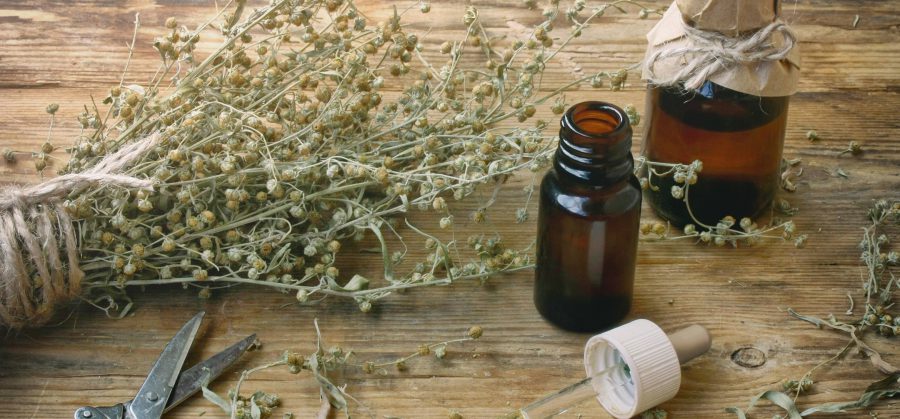
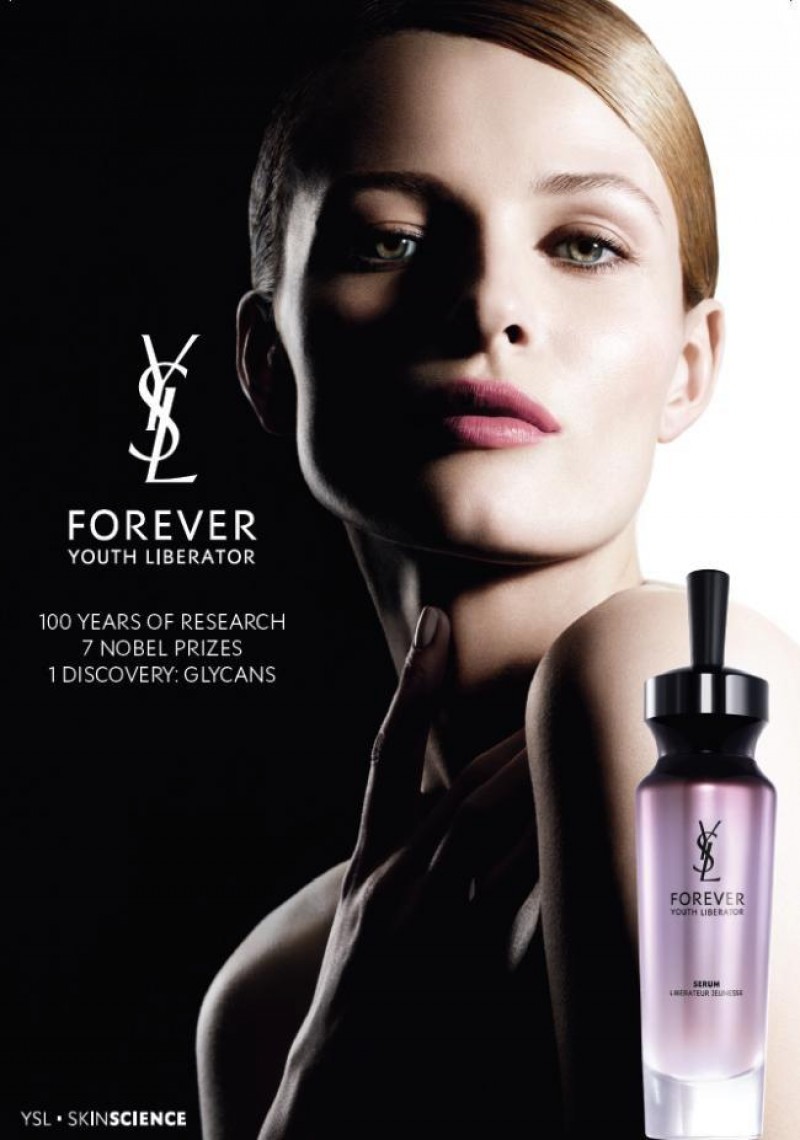
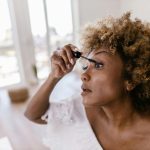
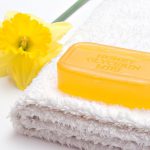
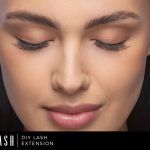


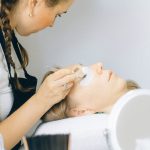
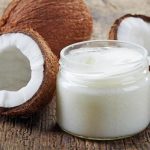
Leave a Reply